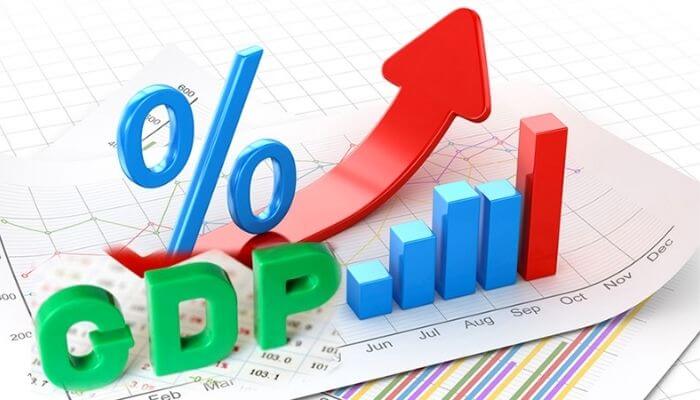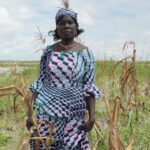By Chinyere Anyanwu
Nigeria’s agricultural sector increased its contribution to the economy to 27.8 per cent in the first quarter of 2025, reflecting a positive performance amid wider economic headwinds, new data from the National Bureau of Statistics (NBS) has shown.
The upward revision follows the agency’s rebasing exercise, which shifted sectoral economic contributions and pushed agriculture’s share up to 27.81 percent in 2024, compared to 24.64 percent prior to rebasing. By contrast, the shares of industry and services sectors declined to 16.67 percent and 55.52 percent, respectively, from 18.47 percent and 56.89 percent under the old methodology.
Ayo Teriba, chief executive officer of Lagos-based research firm Economics Associates, linked the rise primarily to the increased contribution of crop production.
“This growth in the agric industry is caused by the growth in crop production, which prior to rebasing was N50 trillion and other sub-sectors contribute N6 trillion,” he said.
Rebased data now shows crop production contributing N61 trillion, underscoring its dominance within the sector.
The revised methodology adopts 2019 as the new base year and incorporates extensive surveys such as the National Business Sample Census (NBSC) and the National Agricultural Sample Survey (2022), covering all sectors across both national and state levels. The previous 2010 base year included only 14 sectors, making the new estimates significantly broader.
In terms of real output, the sector posted a marginal rebound of 0.07 percent in the first quarter of 2025, reversing a contraction of 1.79 percent in the same period of 2024. Abiodun Olorundero, managing partner at Prasinos Farms, attributed the modest growth to improved operating conditions.
“The marginal growth can be attributed to improved security measures, rising investors’ confidence, and a fall in food prices,” Olorundero said.
The expansion was largely driven by a 3.71 percent increase in crop production, supported by intensified farming activity. This was enough to offset the steep 16.69 percent contraction in the livestock subsector during the same quarter.
However, analysts believe the sector underperformed relative to expectations. An analyst from Meristem noted that the outcome was disappointing when compared with Central Bank of Nigeria (CBN) data.
“The sector’s growth fell short of expectation, given the CBN’s Purchasing Managers’ Index (PMI) data, which showed a rise in the average Agricultural PMI to 53.43 points in the first quarter of 2025 from 46.30 points in the same period 2024 – typically a sign of stronger momentum,” the analyst said.
Although government pro-growth initiatives may have provided some tailwinds, the sector continues to struggle with structural challenges including erratic weather patterns, transportation bottlenecks, and inadequate storage infrastructure.
As a result, agriculture’s share of overall GDP fell to 23.33 percent in Q1 2025, from 24.04 percent in the same quarter of 2024, as other sectors of the economy outpaced its growth despite absolute output gains.


















Leave a comment